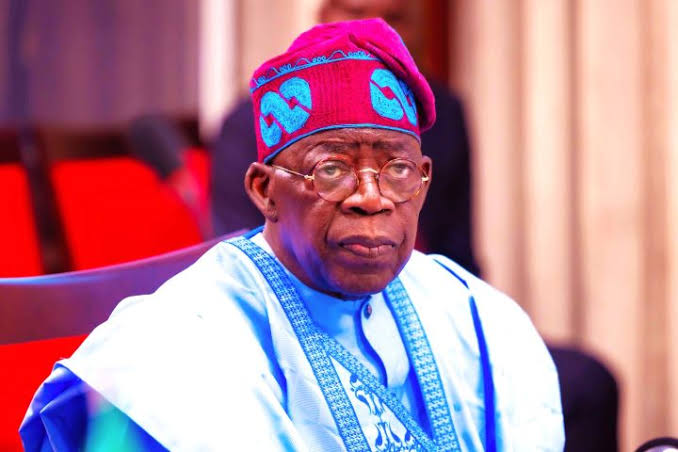President Bola Ahmed Tinubu has told the Supreme Court that Rivers State was without a functioning government when he declared a state of emergency in the oil-rich state on March 18, 2025.
In a counter-affidavit filed on May 20, Tinubu argued that the declaration was crucial to prevent the collapse of law and order, citing an ongoing, unresolved power struggle between the state’s executive and legislature.
“There is a clear and present danger of an imminent breakdown of public order and public safety in Rivers State,” the President stated in the document, which was filed jointly with the Attorney-General of the Federation, Prince Lateef Fagbemi (SAN); the appointed Rivers State Administrator, Admiral Ibok-Ete Ibas; and the suspended Governor Siminalayi Fubara.
The affidavit was submitted in response to a lawsuit by Yirabari Israel Nulong, Nengim Ikpoemugh Royal, and Gracious Eyoh-Sifumbukho, who are asking the court to invalidate the emergency proclamation.
Filed by Mr. Taiye Hussain Oloyede, Senior Special Assistant to the President (State House) and a Federal Ministry of Justice official, the document maintained that the action had the endorsement of both chambers of the National Assembly and was based on constitutional provisions.
“I am also aware that, following the said proclamation, the President assumed responsibility for the administration of Rivers State and formally appointed the 3rd Defendant as Sole Administrator to oversee the affairs of the state during the emergency period,” Oloyede affirmed.
According to the filing, the political standoff in the state had made governance impossible, with numerous court cases and episodes of violence crippling the activities of the state’s executive and legislature.
“As at 18 March 2025, when the 1st Defendant issued the Proclamation, the executive and legislative organs of the Rivers State Government were still mired in conflict and there was no indication that the impasse was about to be resolved,” the affidavit read.
“Indeed, so intractable was the conflict that it paralysed the organs of government in the state and jeopardised public safety and order.”
Tinubu’s legal representatives also cited previous Supreme Court judgments to argue that the President acted within his constitutional powers given the extraordinary circumstances.
While the Nigerian Bar Association has voiced opposition to the emergency rule, Oloyede insisted that many constitutional experts believe the move is consistent with both the 1999 Constitution and relevant judicial precedents.
